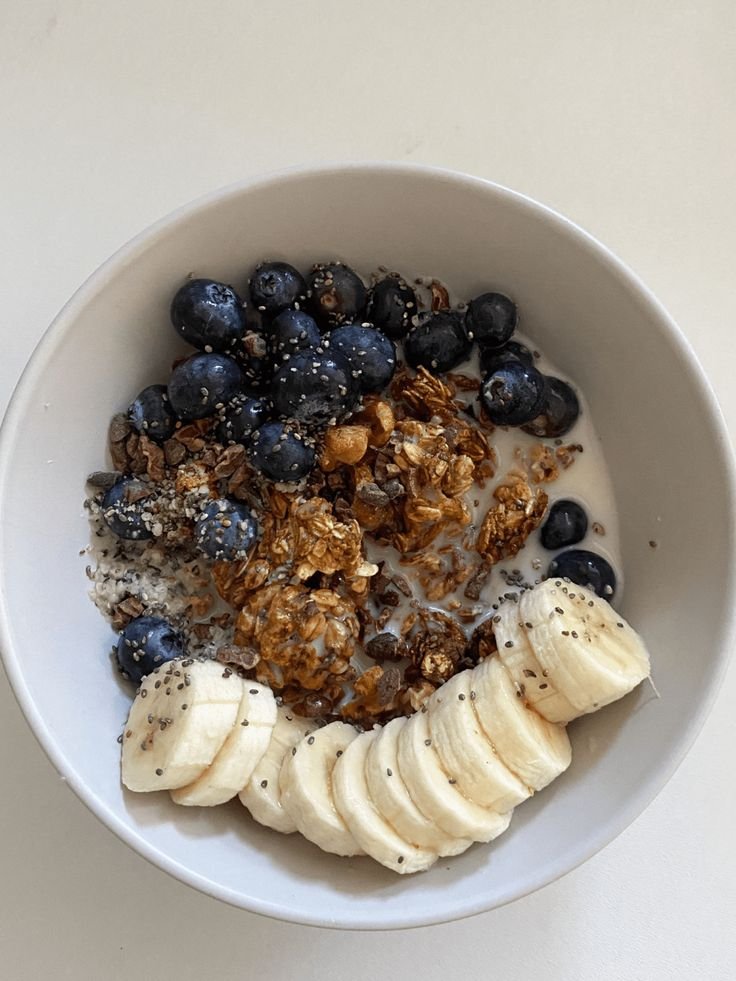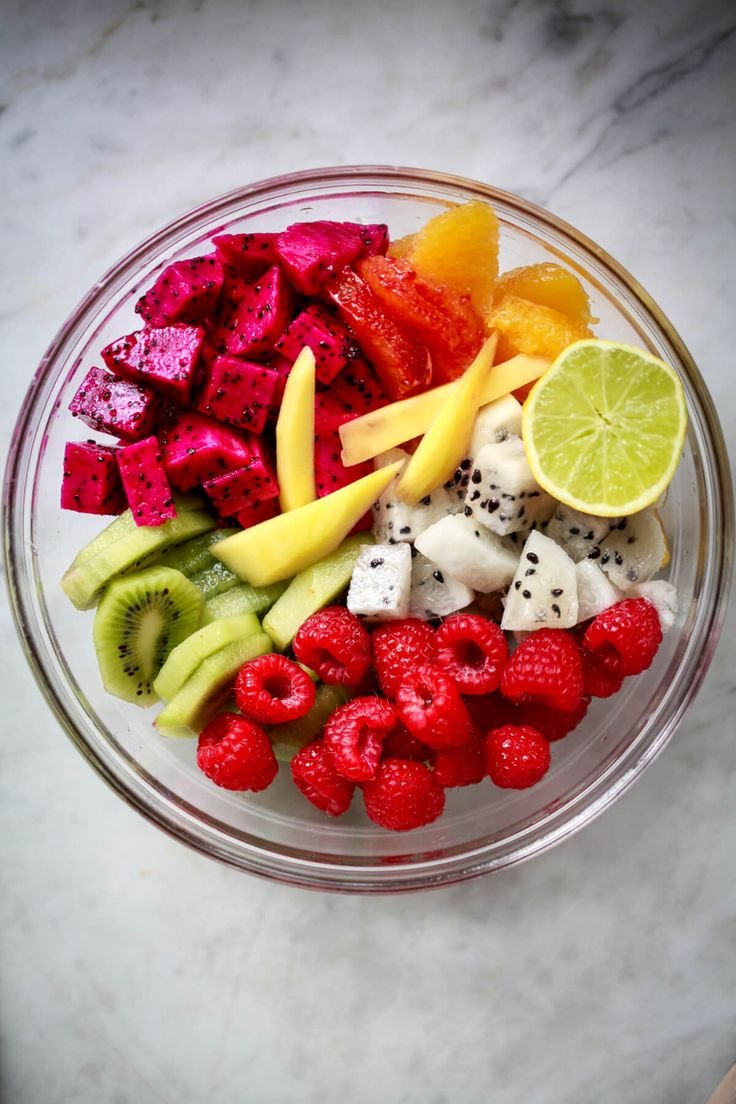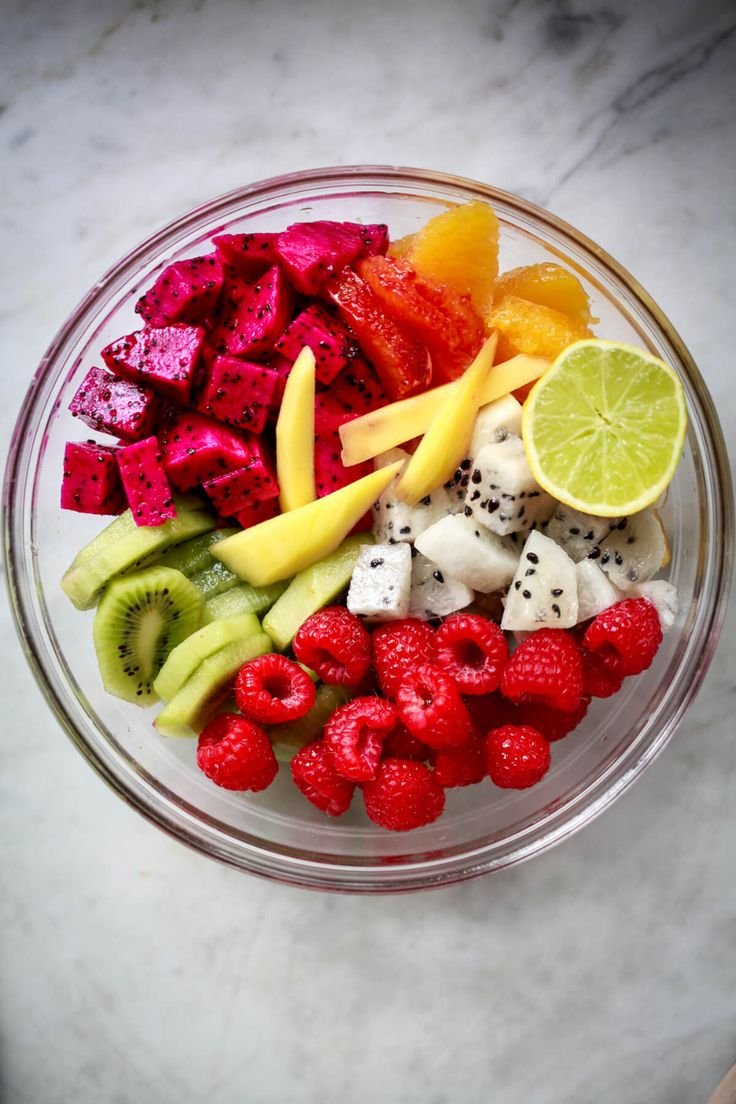
In the blessed month of Ramadan, Muslims embark on a spiritual journey of self-reflection, marked by fasting from dawn till dusk. Suhoor, the pre-dawn meal, plays a pivotal role in sustaining energy levels throughout the day. It’s crucial to select foods that not only provide sustenance but also help maintain hydration to avoid thirst and weakness.
While Suhoor often tempts with rich, spicy, and oily fare, these choices can lead to dehydration and thirst. Opting for hydrating foods is essential. Fruits and vegetables stand out as excellent choices, offering both water content and essential nutrients to keep the body nourished and hydrated.

Juicy Fruits
Juicy fruits like watermelons, strawberries, and oranges, along with hydrating vegetables such as cucumbers, tomatoes, and lettuce, are particularly beneficial. Packed with vitamins, minerals, and water, they provide a sense of fullness while replenishing fluids lost during the fast. This natural hydration also helps stave off heartburn, inflammation, and the persistent thirst often associated with heavier Suhoor options.

Cardamom
Incorporating cardamom into the Suhoor routine is another lesser-known but effective strategy to combat thirst during fasting hours. Studies suggest that consuming cardamom can sustain hydration levels for extended periods, even up to 14 hours, making it a valuable addition to Suhoor rituals.

By prioritizing hydrating foods and incorporating remedies like cardamom into Suhoor, individuals can navigate the fasting period with greater ease and comfort. These mindful choices not only support physical well-being but also enhance the spiritual experience of Ramadan, fostering a deeper connection with oneself and the divine. So, this Ramadan, remember to nourish both body and soul with hydrating foods and beneficial practices during Suhoor.
Balanced Approach
Additionally, it’s essential to maintain a balanced and moderate approach to Suhoor, avoiding excessive consumption of sugary or processed foods. While these options may provide a temporary energy boost, they often lead to rapid spikes and crashes in blood sugar levels, leaving individuals feeling lethargic and fatigued during the fasting hours. Instead, focus on incorporating complex carbohydrates, lean proteins, and healthy fats into the Suhoor meal, which provide sustained energy release and promote feelings of satiety throughout the day. By striking the right balance and making mindful choices at Suhoor, individuals can optimize their fasting experience, fostering a sense of well-being and vitality to fully embrace the spiritual significance of Ramadan.




